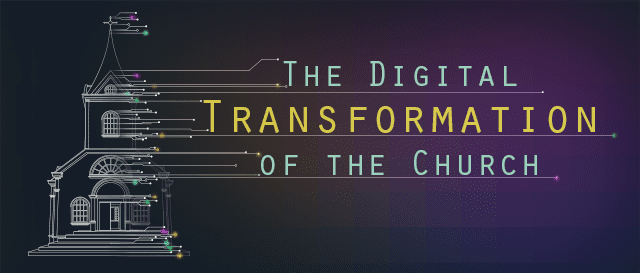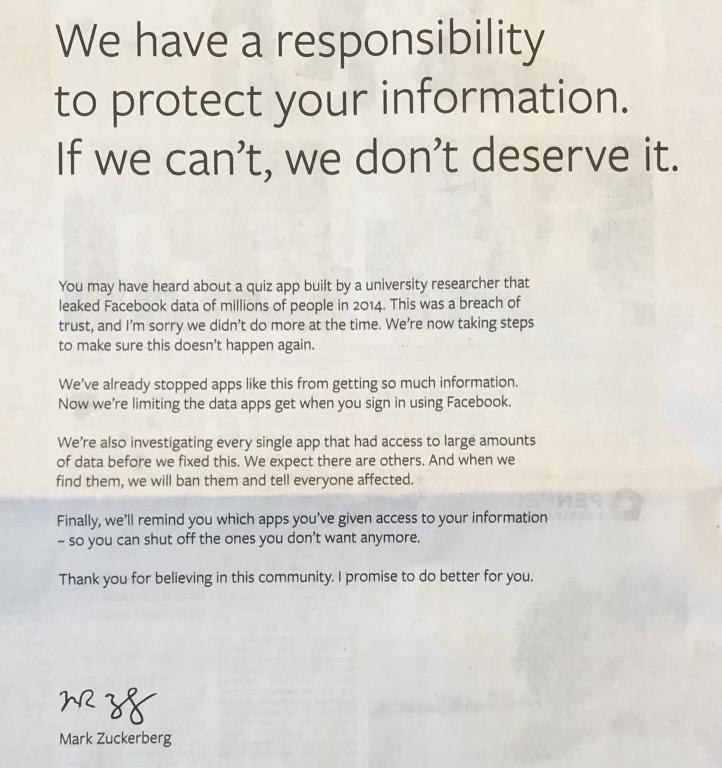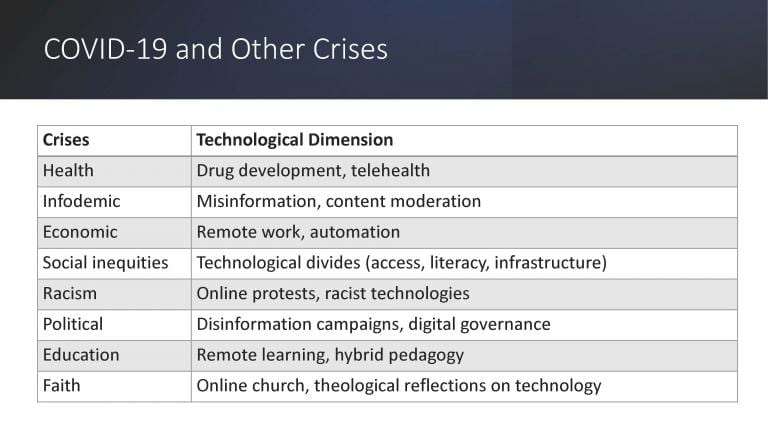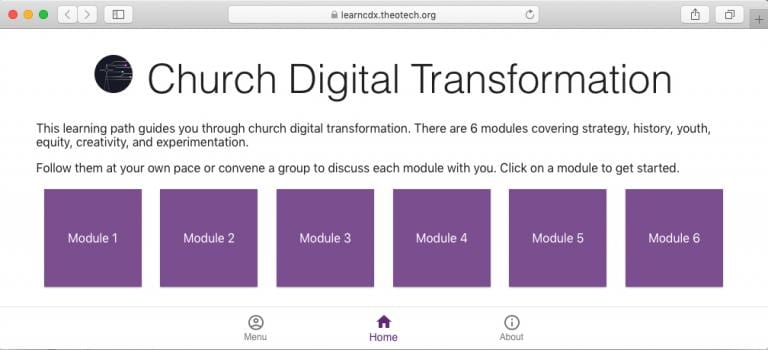
This summer I’m teaching a seminary course on digital transformation and ministry in which we’re exploring how churches can move beyond merely digitally extending current practices (e.g., streaming services) toward digitally transforming how they do ministry—i.e., using digital technologies to create new practices. (I wrote about the differences between digitization, digitalization, and digital transformation in an earlier post on “The Digital Transformation of the Church through and beyond COVID-19: Survival Is Insufficient.”)
Here is the course description:
This course explores digital strategies churches are using to transition and transform ministry though and beyond the COVID-19 pandemic. This exploration will include case studies, theological reflection on the accelerated digital transformation of our lives and world, and a framework for designing contextually-appropriate church digital transformation plans.
The course attempts to build on conversations that began at a recent grant-funded virtual summit on “COVID-19 and the Digital Transformation of the Church”—conversations our project hopes to continue in a new online discussion forum—and test a model for creating church digital transformation plans.
After reviewing a recording of the summit and reading The Distanced Church: Reflections on Doing Church Online edited by Heidi Campbell, students will work on digital transformation plans using a template that brings together elements of “A Framework for Digital Wisdom in Higher Education” and characteristics of thriving congregations as defined by the Lilly Endowment Thriving Congregations Initiative:
Framework for digital wisdom elements:
|
Lilly Foundation’s Characteristics of thriving congregations:
|
This framework structures a digital transformation plan around three reflective questions and a strategic planning question:
- What is the shared telos or vision of your ministry?
- How are digital technologies changing the social and cultural contexts of your ministry?
- What traditional and innovative practices should your ministry cultivate with respect to digital technologies?
- Identify three strategic goals your ministry could pursue and three action items for each.
I’m eager to see if this works! If you have thoughts about this approach, please comment here or join the discussion in our Church Digital Transformation forum.












